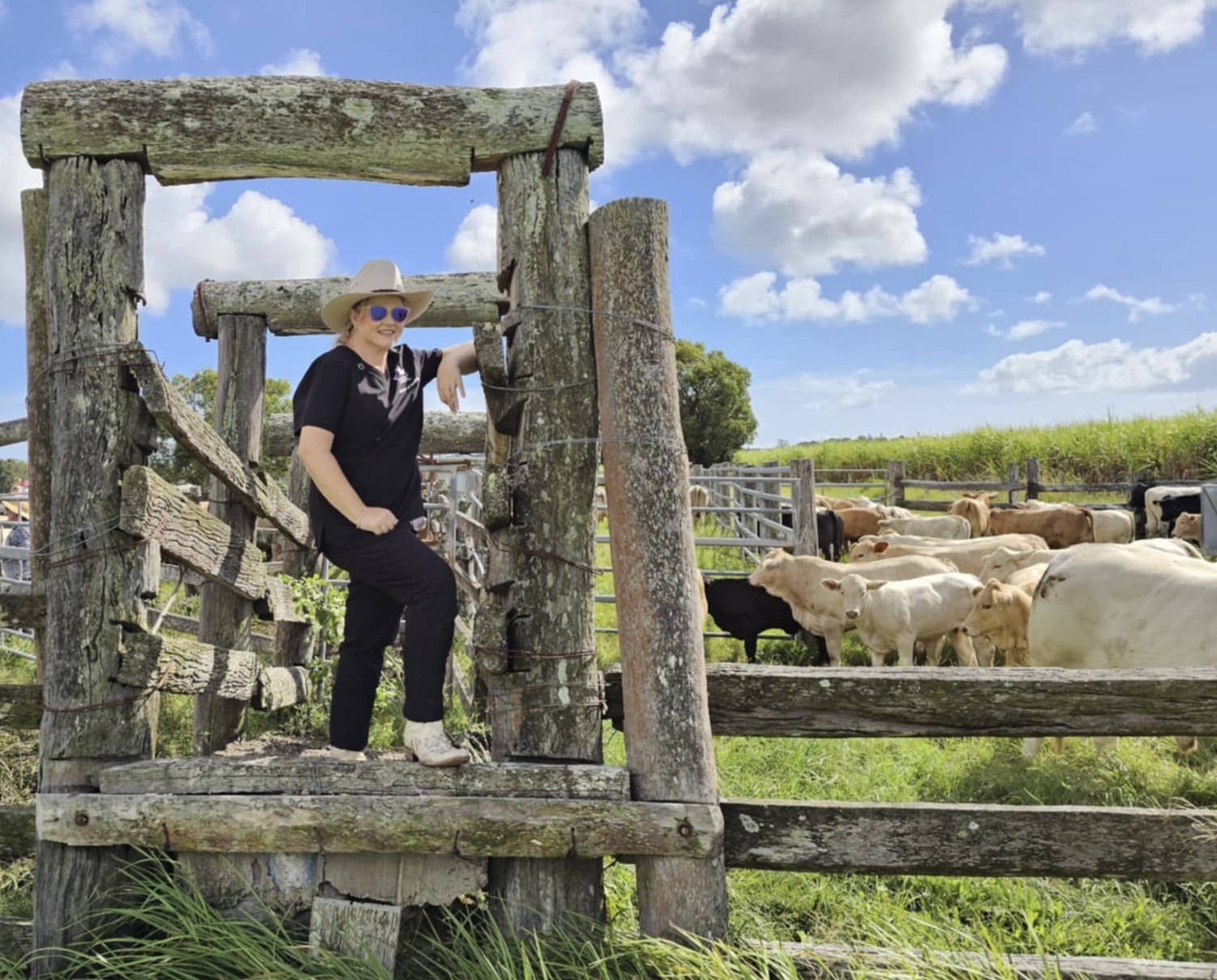About the event
The webinar will explore the preparedness and experiences of registered nurses in rural and remote areas, focusing on the need for context-specific training, support systems, and recruitment strategies to strengthen and sustain the workforce in these challenging healthcare environments.
Rural and remote areas of Australia, home to 7.2 million people spread across 7.7 million square kilometres, face significant healthcare challenges due to limited access to specialised care and a shortage of healthcare professionals. Registered nurses (RNs) in these regions often serve as the primary healthcare providers, especially in locations without medical officers, managing a broad range of acute and chronic conditions, including emergency care. This study explored the preparedness and experiences of non-emergency-trained RNs new to these environments, particularly in handling emergency situations. While these regions present unique healthcare challenges, including a lack of resources and immediate specialist support, RNs are expected to respond to complex situations with limited training.
University education and graduate programs are often criticised for focusing on theoretical knowledge rather than providing the critical skills necessary for rural and remote practice, such as triage, rapid assessments, and managing life-threatening conditions. The findings underscore that, while exposure and experience contribute to preparedness, the absence of tailored, practical training leaves many RNs feeling overwhelmed, underprepared, and unsupported.
This study, part of a three-phase multiple-methods project, reports on Phase 2. Three main themes were identified: It’s more complex than preparedness, Securing the future success of rural and remote RNs, and The good, the bad and finding the ‘in between’. Findings emphasise the need for tailored education and training that acknowledges the unique challenges of rural and remote healthcare, such as the lack of immediate specialist support and the need for RNs to operate autonomously across a broad scope of practice. A number of other elements such as mentorship, ongoing professional development, and self-reflection were key factors in fostering growth and retention in these areas. Moreover, it underscores that rural and remote nursing is not suitable for every RN, as it requires a unique blend of skills, adaptability, and resilience. Recommendations include more context-specific training, better support systems, and a focus on recruitment strategies that prioritise cultural and professional fit over staffing numbers, ensuring a sustainable and competent workforce in these healthcare settings.
Key Learning Objectives
- Understand the factors Influencing RN preparedness in rural and remote Settings
- Explore tailored education and training programs for rural and remote RNs
- Identify strategies for enhancing RN retention and workforce stability in rural and remote areas
About the speaker
Ms Danielle Rogers MACN - PhD Candidate - Central Queensland University. Lecturer of Nursing - University of Sunshine Coast

Danielle Rogers MACN is a registered nurse and a Lecturer of Nursing at the University of Sunshine Coast. She is also a PhD candidate in the School of Nursing, Midwifery and Social Sciences at Central Queensland University. Danielle’s research is driven by her passion for rural and remote emergency nursing, which led to the focus of her PhD study: Providing emergency care in rural and remote facilities: what are the needs of non-emergency trained registered nurses new to the environment? Her research aims to address the unique challenges faced by rural and remote nursing professionals, improve the nursing health workforce's ability to provide emergency care in these communities and improve the health and wellbeing of people living in rural and remote areas.